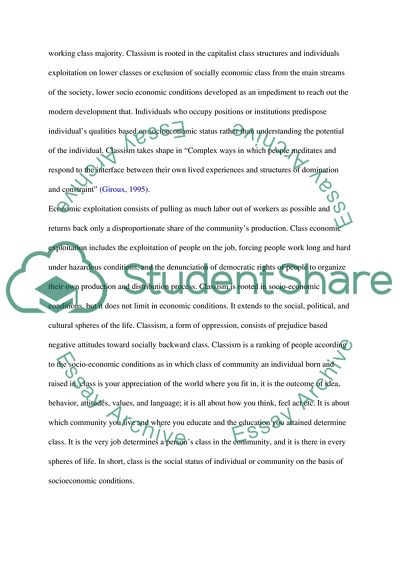Cite this document
(Classism and Sexism: The Factors Involved Term Paper, n.d.)
Classism and Sexism: The Factors Involved Term Paper. Retrieved from https://studentshare.org/social-science/1710852-classism-and-sexism-the-factors-involved
Classism and Sexism: The Factors Involved Term Paper. Retrieved from https://studentshare.org/social-science/1710852-classism-and-sexism-the-factors-involved
(Classism and Sexism: The Factors Involved Term Paper)
Classism and Sexism: The Factors Involved Term Paper. https://studentshare.org/social-science/1710852-classism-and-sexism-the-factors-involved.
Classism and Sexism: The Factors Involved Term Paper. https://studentshare.org/social-science/1710852-classism-and-sexism-the-factors-involved.
“Classism and Sexism: The Factors Involved Term Paper”. https://studentshare.org/social-science/1710852-classism-and-sexism-the-factors-involved.


